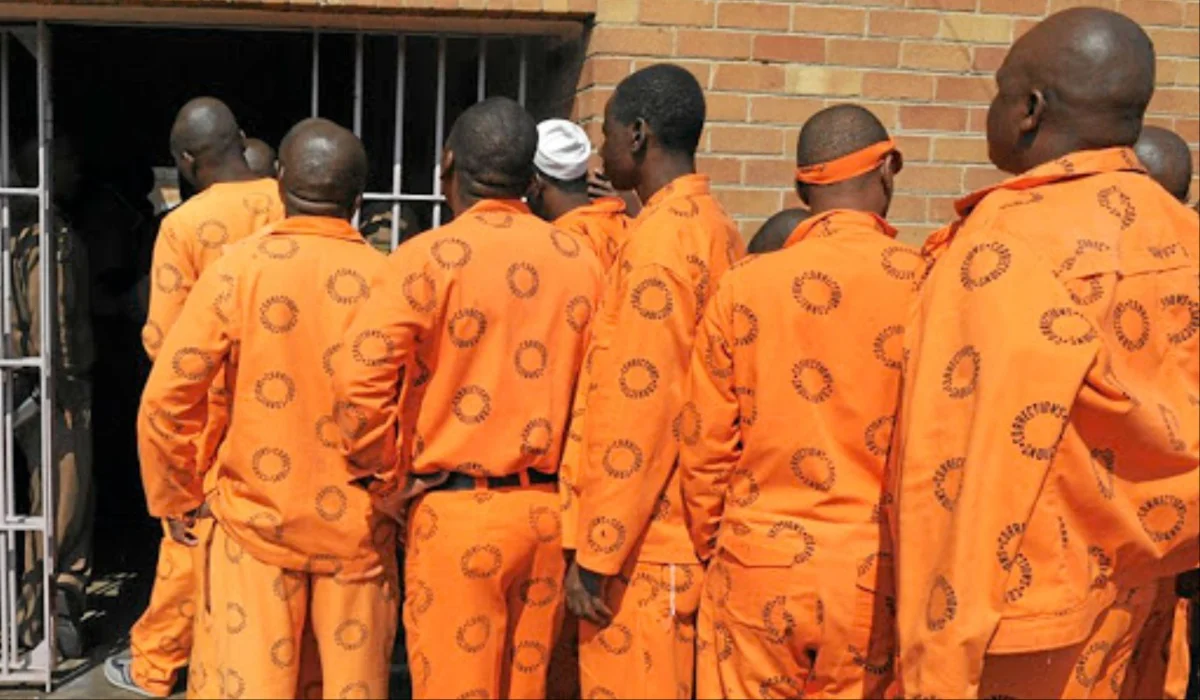Constitutional Court Allows Prisoners Computer Access For Education
The court ordered a 12-month suspension of the constitutional invalidity to allow the Department of Correctional Services to revise its policies. During this transitional period, incarcerated students enrolled with accredited institutions may now use computers in their cells under specific conditions:
- Devices must not contain internet modems
- Computers remain subject to random inspection
- Access may be revoked for rule violations
The legal challenge originated with Mbalenhle Sydney Ntuli, a prisoner serving a 20-year sentence who struggled to complete his data processing studies without cell access to a computer. Represented by Lawyers for Human Rights, Ntuli argued that limited computer lab hours severely restricted his study time.
ALSO READ: Public Demands Cancellation of Podcast and Chill Following Host’s Vulgar Remarks
Justice Steven Majiedt noted in the ruling:
“Incarceration doesn’t strip individuals of fundamental rights like education and dignity. The state must actively remove barriers to learning, not create them.”
Court Rejects Security Justifications of computer restrictions
The Department of Correctional Services had defended the ban citing potential security risks, including modem smuggling and illegal hotspot creation. However, the court found these concerns unsupported by evidence, noting no documented cases of such breaches where computers were permitted.
“The blanket prohibition applies indiscriminately without considering individual circumstances or educational needs,” Justice Majiedt wrote. “When access to computer facilities is fundamentally inadequate, it constitutes an unjustifiable limitation on constitutional rights.”
ALSO READ: The Three Missing Police Constables Found Dead In Gauteng
International Standards and Future Implications
The judgment emphasised South Africa’s international obligations to provide equitable access to education for incarcerated persons. While explicitly addressing educational use, the ruling leaves open questions about computer access for other purposes.
This decision reinforces judicial oversight of executive policies, affirming that constitutional rights apply equally to all citizens, including those behind bars. The ruling sets an important precedent for prisoner education rights while balancing legitimate correctional facility security concerns.

